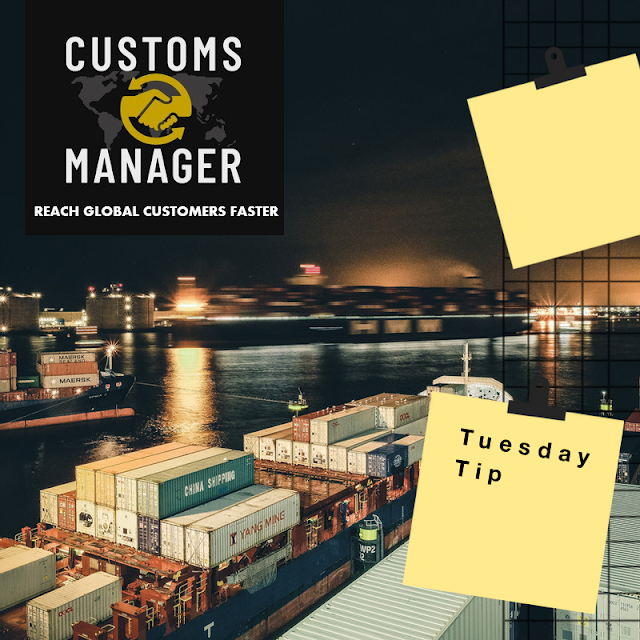What is Customs warehousing?
By utilising customs storage, the importer can delay either the payment of duties or the re-exportation of non-Community goods until he is ready to do so.
Warehoused goods are subject to rigorous limits on how much
processing or handling can be done in order to preserve their quality for
eventual distribution. On the other hand, the premises of a Customs warehousing
allow for either inward processing or processing under customs control.
The benefits of using a
Customs Warehouse
Imported goods stored in customs warehouses under customs oversight
are exempt from import duties and taxes while they are in storage. Imported
products can be kept at the warehouse until they are ready to be shipped out of
the country. Goods may have undergone a separate customs procedure at a
different port, but clearance must be granted by local customs authorities
before they may be removed from the warehouse. Numerous Export import management related local customs fees and taxes must
be paid.
Customs warehouses are
often referred to as bonded warehouses.



Comments
Post a Comment